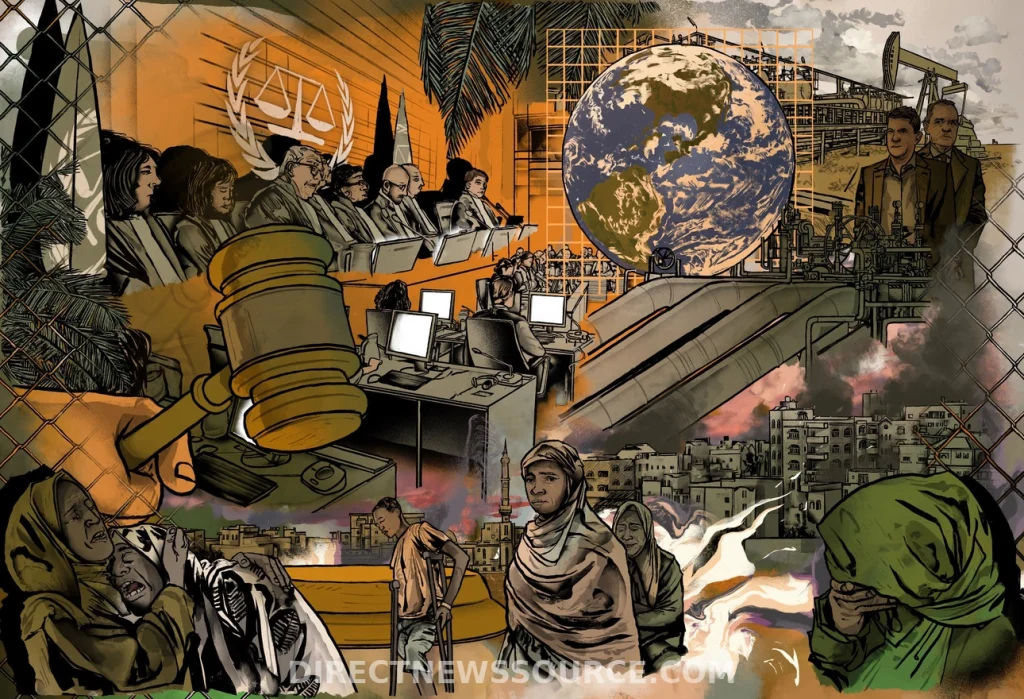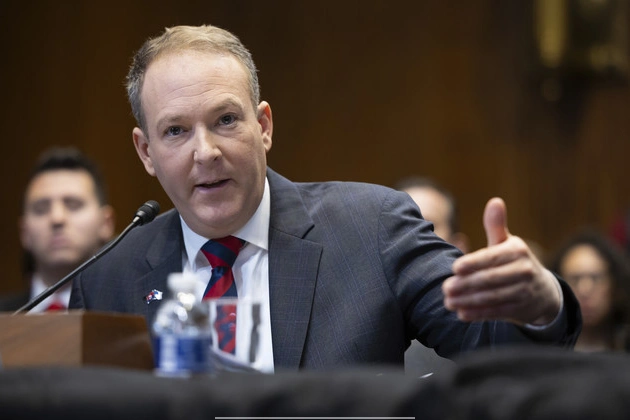
In a landmark trial in Sweden, a legal milestone is being set that echoes back to the historic Nuremberg trials. The case, involving former executives of Lundin Oil, sheds light on the evolving landscape of international justice.
At the heart of the trial lies the concept of ‘universal jurisdiction,’ allowing nations to prosecute foreign nationals for crimes committed beyond their borders. The accused, Ian Lundin and Alex Schneiter, face charges of complicity in war crimes linked to Sudanese government atrocities during a civil war.
While the defendants contest the allegations, the trial marks a significant shift in holding corporate entities accountable for their actions in conflict zones. This case marks the first time top executives of a major company face charges of war crimes since Nuremberg.
The roots of universal jurisdiction trace back to post-World War II trials, emphasizing the principle that no one should be immune from international law. Over the years, this principle has been upheld through various landmark cases.
Despite the slow pace of international justice mechanisms like the International Criminal Court, there is a growing trend towards invoking universal jurisdiction to address crimes committed by individuals or corporations. The case against Lundin Oil executives is part of a broader movement seeking accountability beyond traditional legal boundaries.
Similar efforts are underway in other countries, with France emerging as a hub for corporate accountability. French courts have taken bold steps to prosecute companies complicit in human rights abuses abroad, setting a precedent for global corporate justice.
As the legal landscape evolves, more cases are being pursued against corporations for their roles in conflict zones. The ongoing trials highlight the complexities and challenges of holding powerful entities accountable under the law.
While the path to justice may be long and arduous, the impact of these trials reverberates beyond courtrooms. They symbolize a beacon of hope for victims of atrocities and a step towards a more accountable world.















